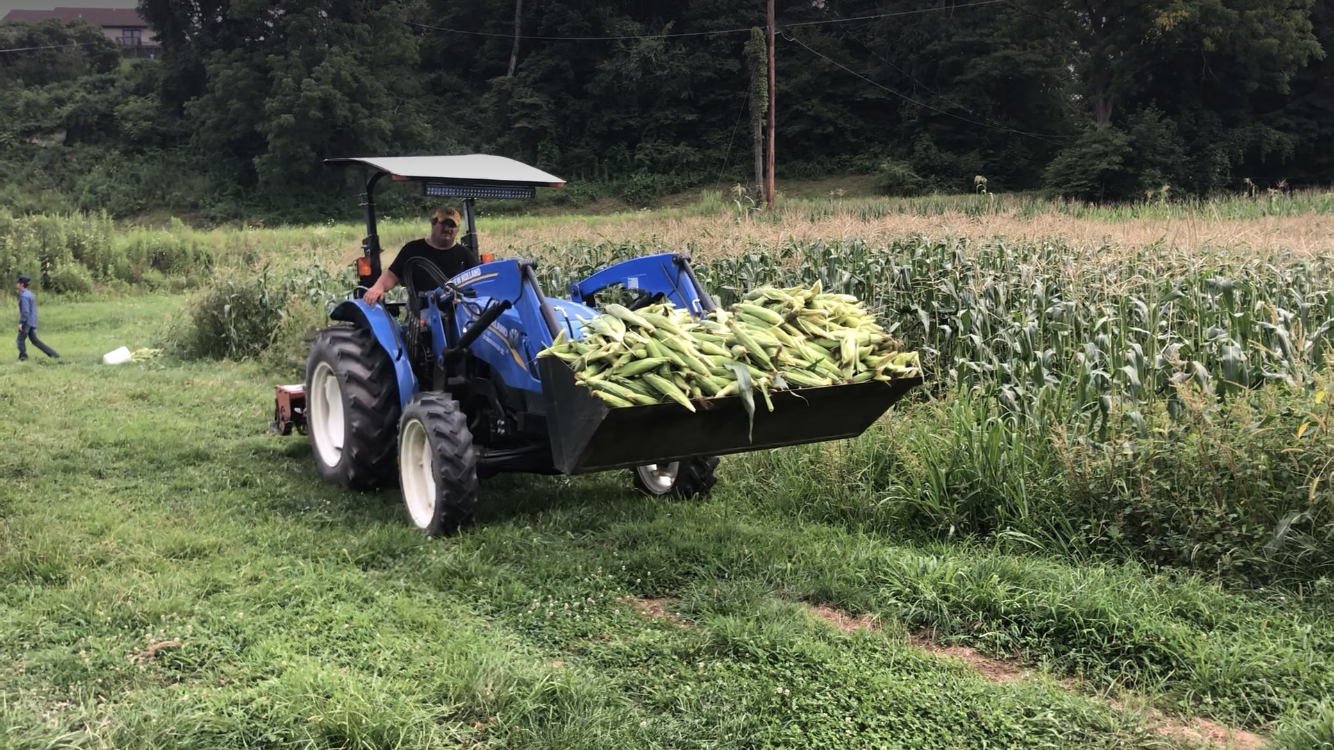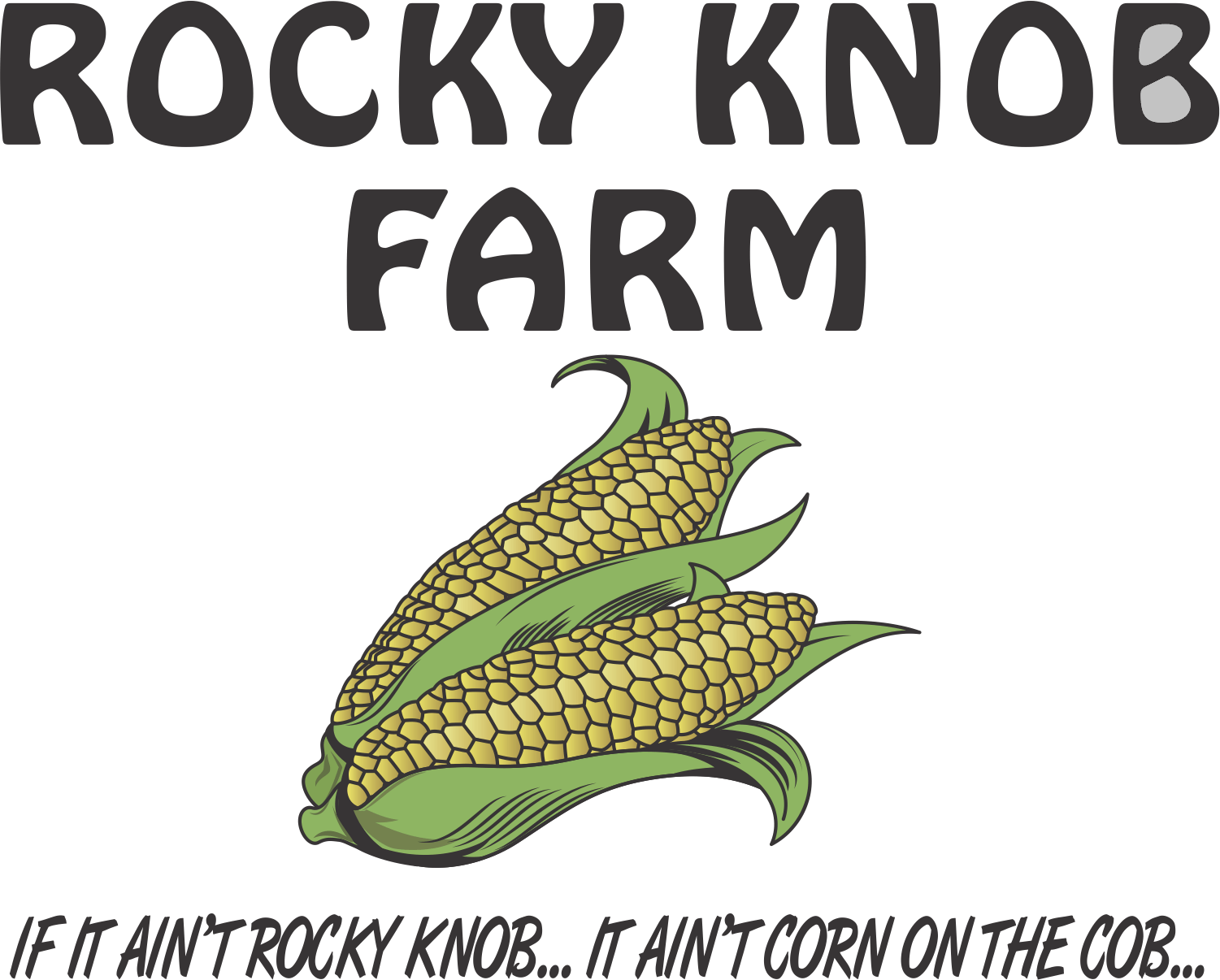Soil testing in West Virginia is an easy process. Scroll to the bottom of the page to download the West Virginia Soil Testing Form.
Soil testing is the best way of assessing soil’s nutrient status. The soil testing will recommend the correct amount of lime and fertilizer to apply for your pastures and crops.
Soil Sample
- 6 inches of soil
- Remove: debris, root, and rocks
- Take small samples from different areas
- Mix all of the soil
- Label a ziplock bag: Name address, email address, and description
- Minimum of one soil sample per year
Information We Are Looking For
Soil pH
What is soil pH? Soil pH is a measure of the acidity or basicity (alkalinity) of soil.
Why is pH important to a farmer? Because the pH can be too high or too low.
Nutrient deficiencies – fertility
Descriptive terms commonly associated with certain ranges in soil pH:
- Extremely acid:
- Strongly acid:
- Moderately acid:
- Slightly acid:
- Neutral:
- Slightly alkaline:
- Moderately alkaline:
- Strongly alkaline:
- Very strongly alkaline:
View the video for a quick guide to soil testing.
Download the West Virginia University Soil Testing form.
Label on Fertilizer
The three numbers you see on the label of every fertilizer represent the product’s N-P-K ratio. The N in the ratio stands for nitrogen, the P stands for phosphorous, and the K stands for potassium.
N= Nitrogen
P= Phosphorous
K= Potassium


